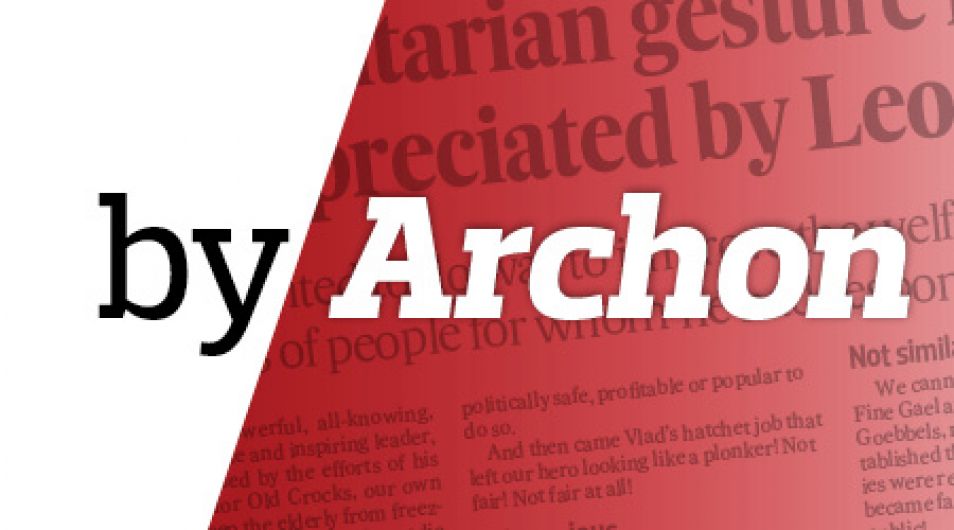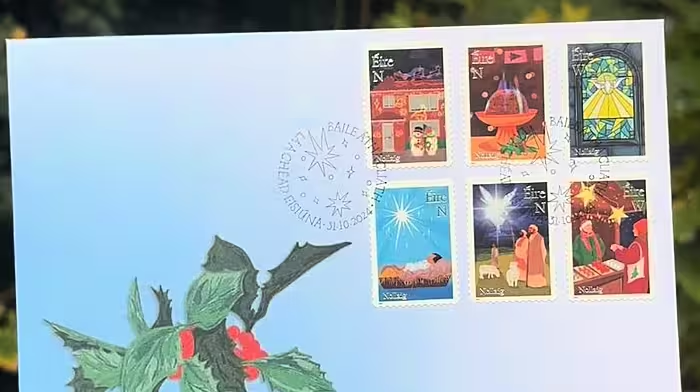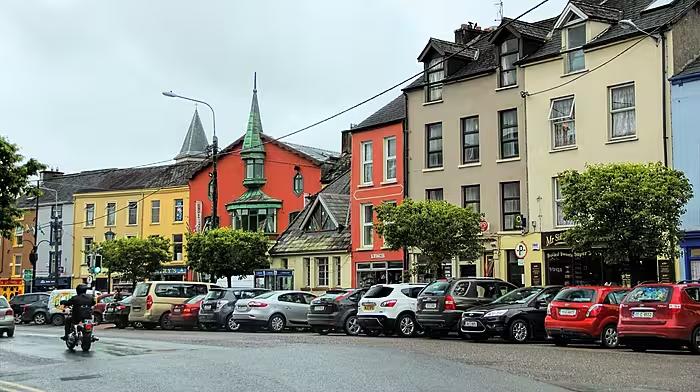Smith-Barry Estate accepted UCC's knock-down offer as it believed Fota was going into public ownership
THE jewel in the crown of Cork Harbour, Fota Island, was the home of the Smith-Barry family whose ancestors, the de Barrys, arrived from Wales with the rapacious Normans in 1185 and helped themselves to vast territories of land in East Cork and elsewhere.
In 1975, the Smith-Barry line ran out with the death of the last member of the family, Mrs Dorothy Bell. The estate was sold to University College Cork and, since then, resold several times to ‘developers’ – a procedure that, on occasions, took place against the not-too-commendable background of what passes for Irish entrepreneurship .
The question facing the public back then was who should be the new owners of the 780-acre Fota Island, the State or the property speculators? It is a conundrum that never has gone away.
For many people the State had a responsibility to develop Fota into something like Dublin’s Phoenix Park so that it would become a place whose environmental, aesthetic and recreational facilities would maintain the quality of life of the area and, ideally, increase happiness.
But, because of events that subsequently transpired, Fota’s recent history has been so grim that it would bring tears to the eyes of those touched by a sense of national pride, nature-lovers or countryside ramblers. So, here’s a potted history of Fota that, hopefully, throws some light on what happened.
Search for farmland
In the early 1970s, University College Cork bought the entire island for IR£400,000. It was done within the context of facilitating the Faculty of Dairy Science’s search for farmland. Importantly, the Smith-Barry Estate accepted UCC’s knock-down offer because it believed Fota was going into public ownership and would not be subdivided or sold.
However, by 1987 the College was seeking ways to wriggle out of its commitment, claiming it couldn’t afford to keep Fota because it provided no income other than that coming from the car park and from Cork Corporation and Cork County Council’s miserly contributions.
So, in pursuit of its objective, UCC cobbled together a deal with an outfit called Darvela, the major components of which would enable the company to seek planning permission for a major ‘development’ and have the right to purchase ‘some parkland and a substantial part of the peripheral woodland.’ It was the beginning of the end.
The ‘development’ proposals also included the construction of a 100-bedroom hotel, an 18-hole golf course plus facilities, a sports complex, and time-share units (chalets, flats, lodges) in the ‘peripheral woodland.’
Lords of the realm
By 1987 Dervela had a stake in almost half the island. The company included remarkable dignitaries such as a Lord Mayo, a Lord Inchiquin and a chap from Turners Cross, Sir Paul Verdon Roe. Dervela Ltd had plans to build a 100-bedroom hotel, 441 chalets, a golf course, race course and a yachting marina. When nothing materialised, locals breathed a sigh of relief.
Until the British company, London and Edinburgh Trust (LET) stepped in and took over Dervela’s option for the purchase of the estate. LET is believed to have forked out £2.8million, with Dervela trousering £300,000.
That was the nail in the coffin for Fota. Gone forever was the prospect of it being a public amenity, even though one particular ‘development’ got the bum’s rush, the racecourse; the twelve million price tag having stopped everyone in their tracks.
And no, we’re not saying that UCC should hang its head in shame for what happened to Fota. The University can take credit for the success of the Fota Wildlife Park (the College provided 70 acres). The wildlife park attracts close on half a million visitors annually, taking in almost €4.5 million in gate receipts.
And there’s the magnificently refurbished Fota House, a popular venue for concerts and exhibitions. Importantly, in 1996, the Office of Public works (OPW) assumed responsibility for restoring and running Fota House, gardens and arboretum, and invested substantial EU, government and private funding in their upgrading. The house now is one of Ireland’s finest examples of Regency architecture.
For the glitterati
But the UCC decision to divest itself of Fota enabled private enterprise to get its claws on half of the island and, in the process, crudely define what that half was about to become: a stomping ground for the ‘get-rich-quick’ merchants whose business ventures eventually took shape as three golf courses, a fancy golf club, a ‘superior grade’ hotel, a leisure centre, spa, golf academy, offices and 54 holiday chalets that in 2007 went on the market with prices ranging from half a million to €750,000 each.
It wasn’t what the Smith Barry Estate wanted and certainly not what the Plain People of Ireland expected when UCC took possession of the island.
Indeed, the current Chinese owners plan to construct another 160 dwellings. Already coming on stream is a project for 44 two-storey chalets for short term rentals as well as 44 large detached houses that will cater for ‘executive families and the higher-value executive market.’
In other words, Fota has become a place geared towards a glitterati keen to live in a rural setting with easy access to a round of golf and the odd passing kangaroo. A major selling point is that it is only a 20-minute drive from the so-called urbanity of Cork city, and ten minutes from Cobh.
Fortunes made
The lucky few who made a fortune from Fota include ‘Toyota Tim’ O’Mahony (RIP) of Killeen Group Holdings, who in 2004 owned Fota golf course and sold it to developer John Fleming for a cool €50million. The Fleming Group is reputed to have sunk as much as €90m into developing Fota golf course, hotel and houses.
Until, of course, NAMA intervened in 2012 and sold the golf course, land, hotel and 60 chalets to a Chinese family, the Kangs, for €20m – a snip at the price. Most of the purchasing money came from the Reignwood Group, run by a Thai-Chinese, Mr Chanchai Ruayrungruang who made his dosh from the exclusive importation rights in China for the Red Bull energy drink.
Nonetheless, it is a sad fact that Fota’s recent history has been determined by haggling and huckstering, which pains those who felt that, with appropriate State participation, a fabulous amenity could have been created which would have ranked with the finest public parks in the world.
Gutted too were the well-meaning idealists from University College Cork, trade unionists, art experts, historians, environmentalists, patriots and, as ever, the ordinary citizen – all of whom did their damnedest to retain the entire island of Fota as part of Ireland’s heritage, and failed.







